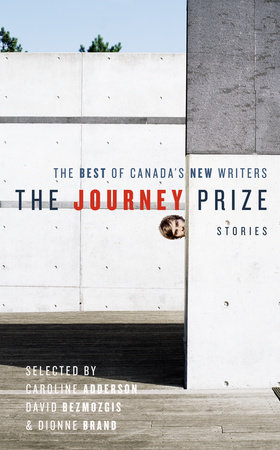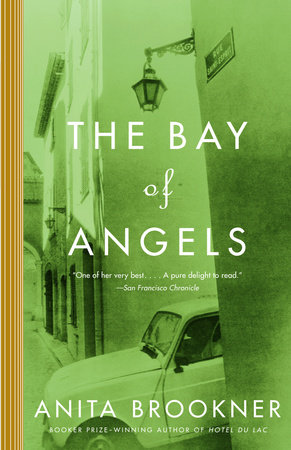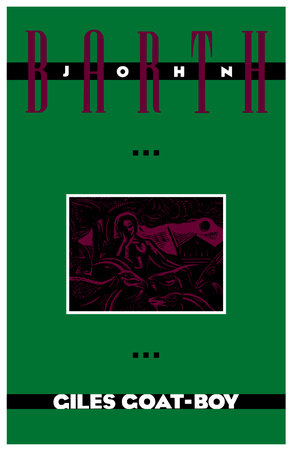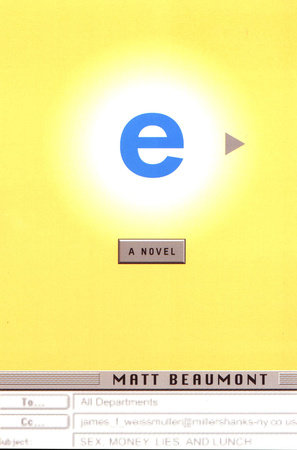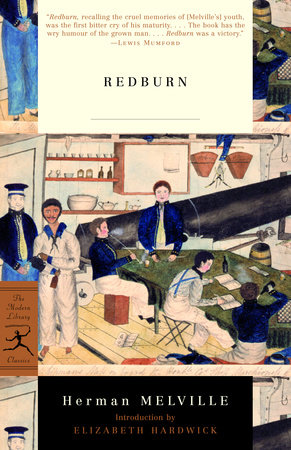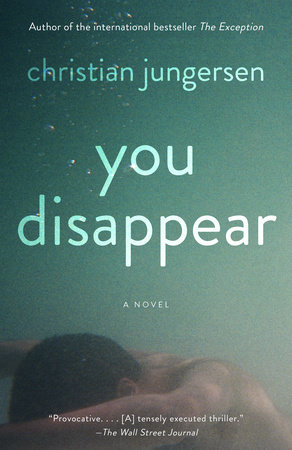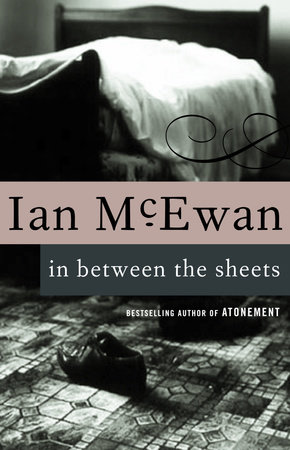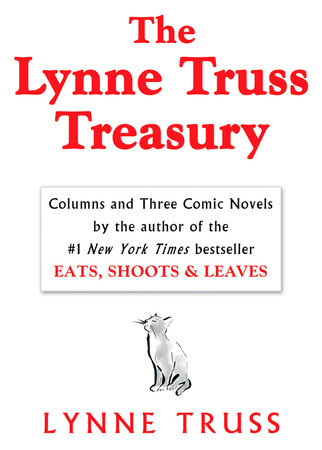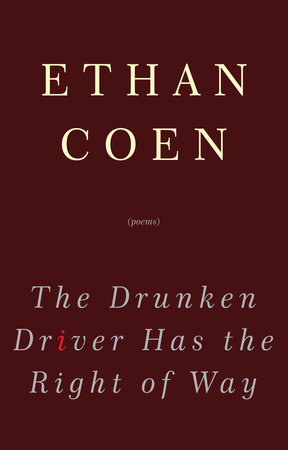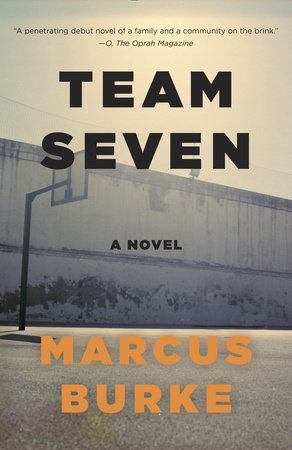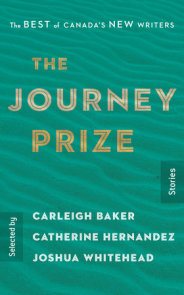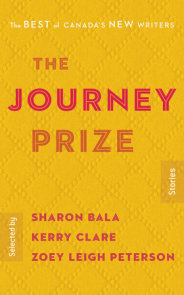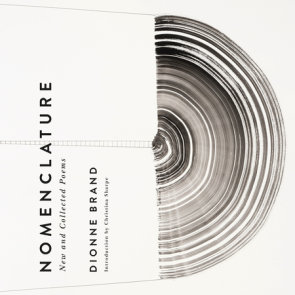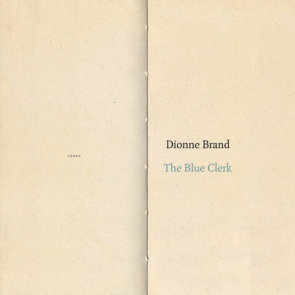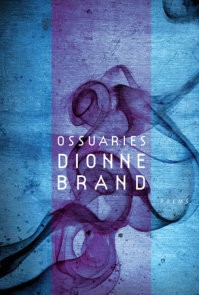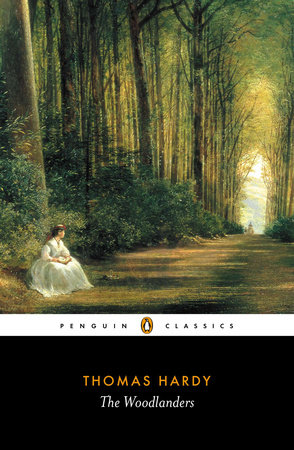Krista Foss is a fiction writer, journalist, and college instructor who lives in Hamilton, Ontario. “Swimming in Zanzibar” was her first published piece of fiction when it appeared in The Antigonish Review. Her non-fiction work has been twice nominated for a National Magazine Award. She is currently at work on a novel and several short stories.
“Swimming in Zanzibar”
When I visited Zanzibar five years ago, I was enchanted by its lushness and sensuality and wanted to capture that feeling in a piece of creative non-fiction. However, when I sat down to write, I was embarrassed to find one of my strongest memories from the island — competing with the culture and setting — was of the subtle antagonism between myself and another foreign journalist who was on the same trip.
It wasn’t satisfying to simply retell how two prickly writers got on each other’s nerves in a beautiful place. So I recast some details of each character’s life and personality, exaggerated others, and dropped them into a story with an invented arc. This allowed me to get at the interesting thematic material percolating underneath the real-life encounter.
I’ve always been troubled by the acquisitiveness at the heart of many adventurers and journalists, myself included, who trade experiences like hockey cards. In such a life, it’s easy to appropriate the narrative of a place, colonize it with one’s own ambitions, for a short time and, restless, move on to the next conquest. The characters in my story, Regina and the Brit, represent the clash of post-colonial and post-empire sensibilities. But ultimately it’s this shared acquisitiveness that makes them more alike than different.
With its vividness, topography, and mystery, Zanzibar is the foil to these characters, a setting neither can fully enter into, yet which transcends them both.
Andrew J. Borkowski’s short fiction has appeared in The New Quarterly, Storyteller, and Grain Magazine, where “Twelve Versions of Lech” was first published. The story is drawn from a collection-in-progress entitled Copernicus Avenue, inspired by his early years living in Toronto’s Polish community along Roncesvalles Avenue. He has worked as a freelance editor and arts and entertainment writer for more than twenty years, with articles appearing in TV Guide, Chatelaine, Books in Canada, Fashion Magazine, and The Canadian Forum.
“Twelve Versions of Lech”
Toronto’s Roncesvalles Village is an oddly distinct feature in Toronto’s urban landscape. It is barred from the downtown area by a railway corridor to the north and east, isolated from the suburbs by the cultivated wilderness of High Park, and forced by these boundaries to look south into the empty skies over Lake Ontario. Recent gentrification has given the area a caché among the bohemian bourgeoisie, but when I was growing up it was hard to explain to other Torontonians just where I was from. Roncesvalles belonged neither to the group-home ghetto of Parkdale to the south and west, nor to the opulent boulevards surrounding the park. It was an in-between place, a border land or buffer zone, and there’s a certain poetry in its having been adopted as a home by the exiles of that definitive buffer state, post-WWII Poland.
Lech is an anomaly in that stateless community. He is determined to resist the gravitational pull of history. He refuses to participate in efforts to re-assert the old world verities — notions of duty, honour, conventional morality — that, in his view, have been given the lie by the competing ideologies of fascism, Marxism, patriotism, and ethnic sectarianism that have torn that world asunder. Meaninglessness is his liberation and the Canadian landscape is its purest expression. His purpose is to confound and he confounds me as much at this writing as he did on the first day I set out to tell his story.
Craig Boyko’s short fiction has appeared in filling Station, Queen’s Quarterly, The Malahat Review, The New Quarterly, Descant, Grain Magazine, and PRISM international. Three of his stories have been anthologized in earlier volumes of The Journey Prize Stories. His first collection of stories, Blackouts, will be published in spring 2008. Born in Saskatchewan, he lived in Calgary for several years before moving to Victoria, British Columbia.
Nicholas Ruddock practises medicine in Guelph, Ontario. He has also lived in Newfoundland and Labrador, the Yukon, and Quebec. In the past two years, he has won the inaugural Sheldon Curry Fiction Prize from The Antigonish Review, won first prize in Grain Magazine’s Postcard Story Contest, placed second in PRISM international’s Fiction Contest, and has had short fiction published in The Fiddlehead and The Dalhousie Review. He’s tying his stories together into a novel entitled How Loveta Got Her Baby.
“How Eunice Got Her Baby”
I wrote this story because Eunice had already appeared in several of my short stories accompanied by a baby of unknown provenance. This uncertainty, this historical gap in her life, was fine for a while but it couldn’t last forever. Eyebrows were being raised; there were rumours everywhere. I had to quell the uncertain origins of her single motherhood. Thus began this girl-meets-boy story, and soon Eunice had faded into the background and her older sister Florence, jacked up on life, had appeared front and centre. She stepped into the breach and solved the problem of the baby in her own unpredictable way.
Halfway through writing this story, I could see where we were all headed, and in particular where Florence was headed. It was tempting to alter the course of events. However, I steeled myself and put my personal feelings for Flo aside, and I let the drama play itself out in the inevitable way it did, the way it now appears in these pages.
The story is set in St. John’s, Newfoundland. This is not an under-serviced area for stories these days, but that’s where it all happened, in a convenience store on Long’s Hill, and on the number 10 Highway to the Southern Shore.
Pasha Malla was born in St. John’s, Newfoundland, and probably lives in Toronto. A collection of his stories will be published by House of Anansi Press in 2008, somehow, and in the near future there will likely be a novel.
“Respite”
I’ve written two stories with titles I’m not sure how to pronounce. “Slough” is one; “Respite” is the other. Never having dared say the word out aloud, I’d always imagined it rhyming with despite, which, after the story was published, a friend told me was wrong. She claimed it sounded more like cesspit — some sort of cesspool, I figured, except drier and possibly involving peat moss. But this friend of mine is very smart, so I took her word for it. Things were going along wonderfully until I dropped the word into conversation with another friend who is also smarter than me, and maybe even smarter than my cesspit friend. He corrected me with a third pronunciation: REE-spight, which doesn’t rhyme with anything I can think of. I was very confused, and went home feeling dumb and needing sleep. That night an angel came to me in a dream and held my head and stroked my hair. She was a very nice angel and also wise. My sentiments were natural, she explained, for such is the unrelenting, bewildered wonder of a complete and total fraud.
Jean Van Loon’s fiction has appeared in The Dalhousie Review, The New Quarterly, Queen’s Quarterly, and Ottawa Magazine’s summer fiction issue. She is presently seeking a publisher for her first collection of stories. Before falling in love with fiction, she wrote policy papers, speeches, and briefings as a senior public servant and, later, as President of the Canadian Steel Producers Association. She is a life-long resident of Ottawa.
“Stardust”
My children once fished, fat and orange in their life jackets, from the farm bridge described in this story. The bridge is gone now, and the children have grown into fine adults, but I’ll never forget the buzzing of a summer day by the Tay. The story began with the first couple of paragraphs, which spilled out in close to their present form. I didn’t know where to go next, so I put the beginning aside for a year. Then I re-read the piece, and when I wrote further, the foot appeared. It shocked me. I didn’t want to write a detective story, so I put the draft aside again for several months. Then I imagined specifics about Franklyn and his wife, and the story began to flow. Of all my stories so far, this one affected me most deeply as I wrote.
Rebecca Rosenblum completed her Master of Arts in English and Creative Writing at the University of Toronto in 2007. “Chilly Girl,” her first published story, appeared in Exile: The Literary Quarterly. Since then, her work has appeared in echolocation, The Danforth Review, Hart House Review, The New Quarterly, and Qwerty. Her first collection of stories will be published by Biblioasis in 2008.
“Chilly Girl”
As with most of my stories, I started “Chilly Girl” with a great idea, from which the actual story evolved into something almost entirely different. My idea was to write fairy tales without archetypes, about strange and specific people. I wondered if I could not just modernize but humanize those tales so that they would feel almost realistic. The story went through several “final” versions, all quite different from one another. By the time I had it polished, “Chilly Girl” didn’t have very much in common with Cinderella, though certainly correspondences are there if one has a mind to look for them.
Chilly Girl did become a real person for me, one unhappy with more than just the temperature. On an emotional level, I was interested in how isolating any problem can be if no one empathizes. Off-kilter sensory perceptions — or any perceptions — can be extremely lonely. “Chilly Girl” also has a lot to do with loneliness and life in Toronto: skyscraper condos with expensive sound systems, awkwardness about shoes at parties, the harbour that almost no one ever thinks about, polar air-conditioning levels, hideous winter winds. Weather and ambient music are themes in a lot of my writing — things that govern our day-to-day moods that we are powerless to control. I wanted to make “Chilly Girl” personal, and insofar as I succeeded, it was in giving her a real world, both big and intimate, to live in.
Patricia Robertson is the author of the short story collections City of Orphans, which was shortlisted for the Ethel Wilson Fiction Prize, and The Goldfish Dancer, which was released in spring 2007. Two of her stories — including “My Hungarian Sister” — have been nominated, in successive years, for National Magazine Awards. A poet and dramatist as well as a fiction writer, Robertson holds a Master of Arts in Creative Writing from Boston University. She lives in Whitehorse, Yukon, where she is at work on two novels and more short stories.
“My Hungarian Sister”
This story had been lurking at the back of my mind for a number of years before I actually wrote it. It’s an unusual story for me in several ways: it’s written in the first person, which I tend to avoid; there’s an element of humour in it, despite the dark background; and the seed of the story is autobiographical. Like the narrator, Catherine, I had only brothers and desperately wanted a sister. And like Catherine, I felt that the political events of the day might provide me with an ideal opportunity. However, Catherine turned out to be much more audacious and persistent than I ever was, so this is the story of what might have been — or of what really happened in another, fictional universe.
The first draft, written in the glorious isolation of a friend’s guesthouse on Salt Spring Island, took only four days, though there was a lot of subsequent revising. Before writing, researched the Hungarian Revolution, wanting to make sure that I grounded Catherine’s fantasy in realistic detail. But what is left out is as important as what is put in. A successful story, for me, contains a mystery at its heart that resists explanation, an unknowability that echoes life itself. Those silences allow the reader into the story and let it live again in the reader’s imagination.
Alice Petersen grew up in New Zealand. She holds degrees in English literature from the University of Otago and Queen’s University. Her short fiction has been published in Tahake, Geist, and in the anthology Short Stuff: New English Writing in Quebec (Véhicule Press, 2005). She lives in Montreal, where she is developing a collection of short stories under the guidance of Sandra Birdsell through the Humber School for Writers.
“After Summer”
I love snooping in really junky rural antique shops. There is just so much stuff in the world! I like thinking about where that material stuff comes from. All of it worn out, all of it treasured at one time. So yes, this story began with a visit to one of the antique shops at Ste-Eulalie and a set of chairs hanging in the rafters. When I was young, my sister went through a phase of writing poetry. She used to say, “I feel a poem coming on,” and then she would go off to write it. We used to tease her but it showed great discipline. That phase, combined with those old chairs, brought to mind a character, a single dad, a postman and a poet, doing his best to give his children a summer holiday. The chairs also got me thinking about nostalgia for those golden holidays of childhood, and how we have to deal with not being able to go back to the place, the time, or the secure emotional landscape that once was. There’s a certain amount of letting go that forms part of the transition to adulthood, and this includes allowing your parents to just be people, with their own lives to live.
After a decade in Toronto, Nicole Dixon moved to a lobster-fishing village on the Bay of Fundy in Nova Scotia. In 2005, she won the Bronwen Wallace Memorial Award and was shortlisted for a CBC Literary Award. She holds a Master of Arts in Creative Writing and English from the University of Windsor and was featured on the cover of The New Quarterly. She is currently at work on a collection of short stories and teaches online. Please visit nicoledixon.ca
“High-water Mark”
Seven years into the twenty-first century, women still earn less than men. In Canada, only 20% of the seats in Parliament are held by women. All of Canada’s premiers and big city mayors are men, and our “new government” just cut funding to the Status of Women Canada. At the bookstore, most female characters are shopaholics, prostitutes, ciphers, or yummy mommies-to-be, yet in 2003, twice as many women as men graduated from Canadian law schools. Much positive attention was given to the image of a pregnant woman on the cover of a recent bestseller. But look closer. This headless woman is barefoot and pregnant.
Our society’s preference for immediate gratification, not sustained efforts, is now reflected in our stories: shopping versus saving, childbirth versus childrearing. When young women see fewer and fewer examples of empowered alternatives, it’s no wonder fewer women run for office. No wonder we still earn less than men.
As a media arts teacher, I am increasingly alarmed by the messages our young women absorb. Yes, teenagers like Ainslee in “High-water Mark” are angry. They are disenfranchised. But when teenagers speak, how often do we listen? The message they get, then, is to not speak, and by their twenties, many seek the comfort of established gender roles. After all, it’s easier.
Young women like Ainslee and Lauren exist. They are not ciphers, they are not shopaholics. On top of their bodies they have heads, and within those heads are their voices.
Grant Buday’s most recent novel, Rootbound, was published by ECW Press. His other novels include A Sack of Teeth (Raincoast Books, 2002) and White Lung (Anvil Press, 1999). He has two new novels, The Water Clock, set on the South Pacific atoll of Panoah, and The Horse, about the Greek hero Odysseus.
“The Curve of the Earth”
Venice is both claustrophobic and expansive. The narrow streets and high walls close in and cut you off, while the architecture, the paintings, and the reputation invite you to think of centuries past, of ships arriving with gold and pepper, not to mention stolen statuary. You think of Casanova, the red-caped Doges, and of course Iago, Othello, and Desdemona. I didn’t know what to do with all that, but I had to do something. So I wrote and rewrote and discovered a traveller who, after twenty years in Venice, makes the Calvino-like discovery that he has become trapped in this most splendid of cities.
